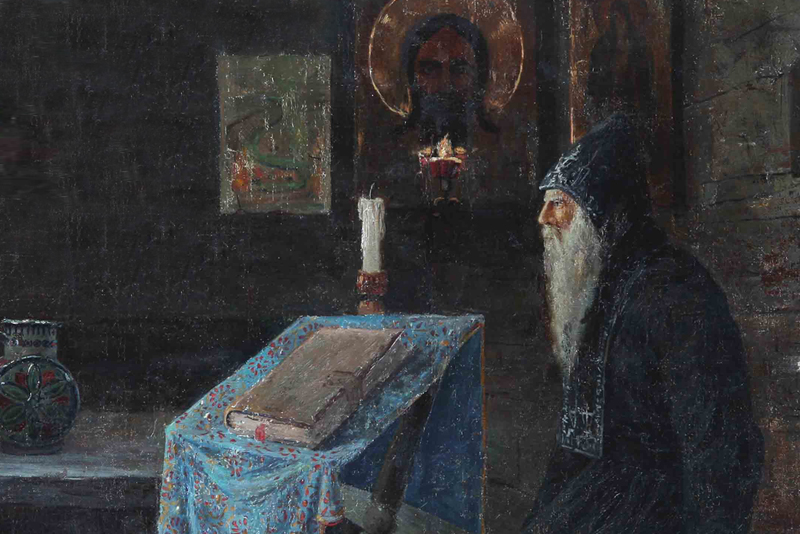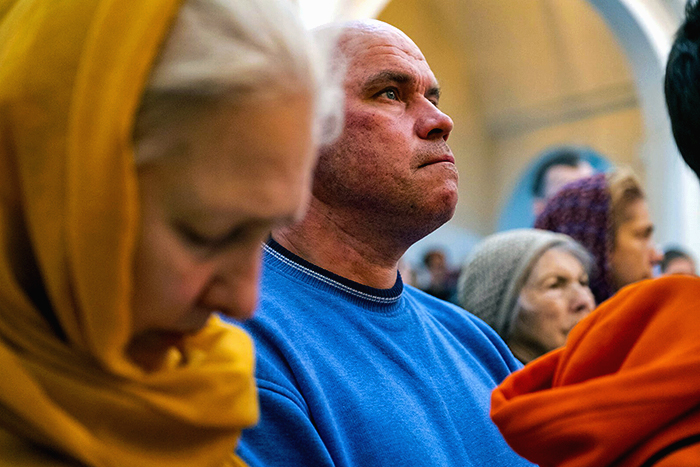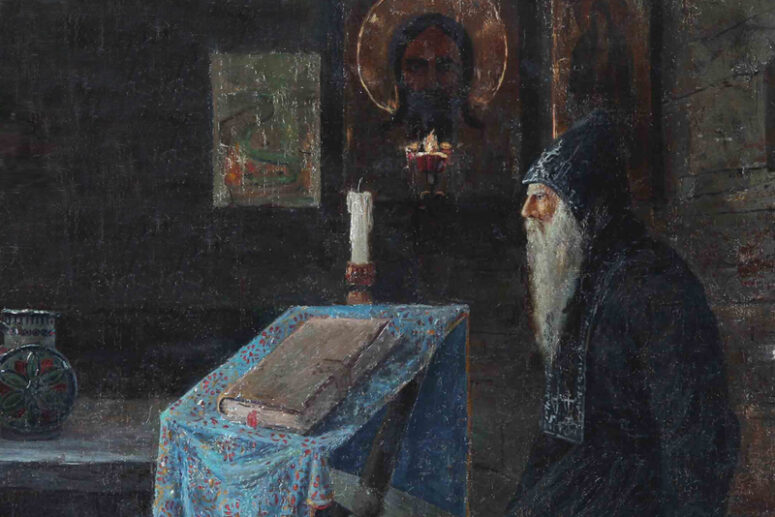
As we read about the great fathers of the church who lived in the last century, some of us might have wished to have them as their confessors. They taught us to recognise our sins and guided us wisely and intelligently towards genuine repentance and changing our ways. We present a small selection of accounts and narratives about the experiences of confession with some of the most prominent spiritual fathers of the twentieth century, supplemented by some useful spiritual advice on how to confess.
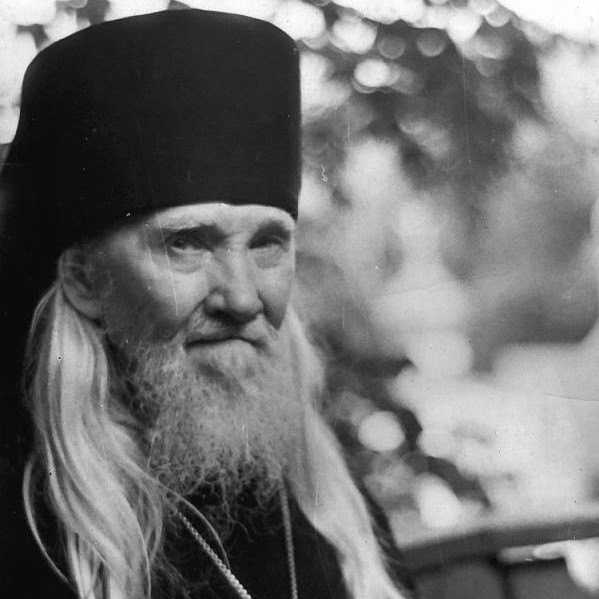
Archimandrite Athenogenes, Pskov-Pechory Elder
“We are sinners, but we still must go before the Lord and ask for His forgiveness. Just do not despair – be like children. A child who breaks even the most expensive vessel still goes weepingly to his father, and the father who sees him weep forgets about the vase. He picks up his child, kisses him, hugs him and calms him down, imploring him not to cry. Likewise, the Lord never stops waiting for us to come to Him in repentance, even when we have committed a deadly sin.
The elder’s spiritual children knew about his far-sightedness and were aware of his ability to know their every action and every thought. He always advised his spiritual children who confessed to him to own up to two of their most fundamental sins and to repent of them; first, being ungrateful to God for all He gives us, and second, absence of a genuine fear of God and not being in awe of Him. Only then he would tell them to confess all their other sins that derived from these two.
In hearing the confessions of his multiple spiritual children, he was demanding and strict, but he was also gentle. He never subjected them to any harsh penances. Sometimes, he would sigh, penitently: “Someday, I will stand before the Lord, and He will ask me: why did you not tell anyone to do penance? But I will answer, ‘I loved my people very much.’
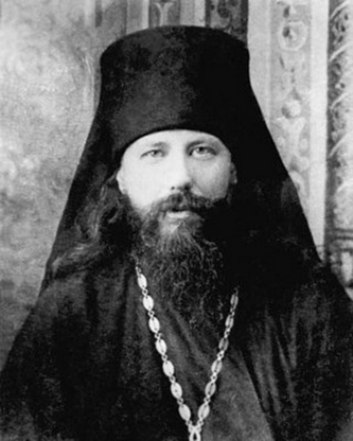
The Venerable Nikon (Belyaev) of Optina
Many are looking for a confessor who would necessarily represent a model of a life of supreme virtue; but when they cannot find one, they despair and come to confession rarely. They make a grave mistake. One needs to have faith in the sacrament of confession as such and in its power, and not in the priest who performs it. It is only necessary for the priest to be Orthodox and lawful. That the personality of the spiritual father matters a lot is beyond dispute, but we too must have our faith and must believe that the all-powerful Lord acts in any sacrament with His grace independently of these characteristics.
“When we sweep out the dust, we do not take time to swift through it. We throw away the whole lot. You must do the same. Repent of your sins before your confessor, and do not occupy yourself with perusing them.
People come to us priests with anguished souls; they come to repent, but still, they are reluctant to part with their sins, particularly with their pet sin. Their reluctance to reject their sin – and even their secret love for it – made it very hard for them to repent genuinely and healing their soul. The penitent remains the same after the confession as he was before, and he persists in his ways. It should not be like this.
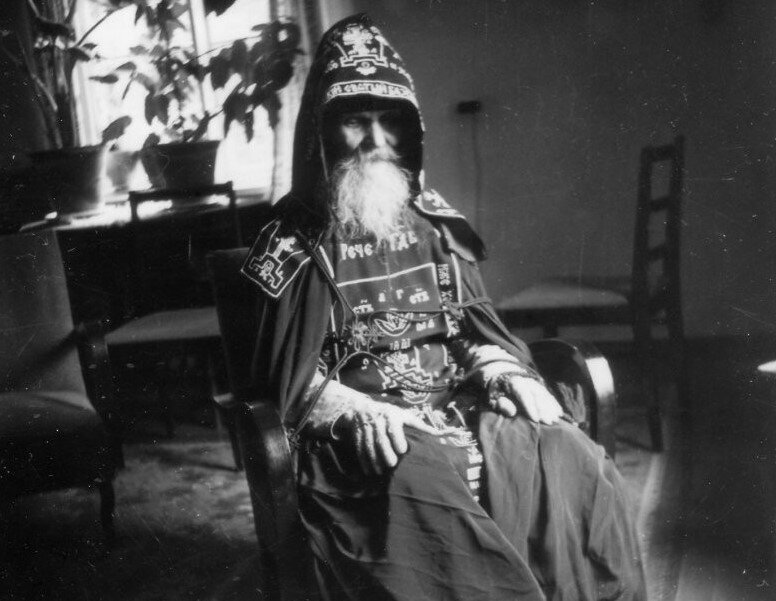
Elder Mikhail (Pitkevich) of Valaam
Ultimately, there is no salvation without humility. Remember that you will fall into sin throughout your life, some grave, others light; you will succumb to wrath, vainglory and greed, you will vaunt and exaggerate, you will offend others. Yet awareness of all this will keep you humble. There is no honour in sinning every day and hurting others. But every sin is redeemed with repentance. If you have sinned, repent, and keep doing so to the end of your life. That way, you will not despair and have the peace of heart.
A woman in her advanced years came to the elder and told him that her son, a kind and religious person, comes to church often but has not taken communion for many years. His mother was disturbed and anguished, and she asked Father Mikhail to talk to her son and help him mend his ways. The elder agreed, and soon the woman’s son, a gentle and honest man, came to talk to him. Father Mikhail asked him about his education, work and lifestyle. The man answered all questions honestly without hiding anything.
Finally, the elder asked his visitor,
Why do not you take the Holy Communion? You are of mature age, and you are living in uncertain times; you might die at any moment.
You are right, but I am too hesitant to take confession because I am not accustomed to it.
Sir, there is no need for it today. I have just heard from you the most comprehensive confession in my life. Kneel down, and I will read over you the prayer for the forgiveness of the sins, said Elder Mikhail genially and granted the man the remission of his sins.
From then onwards, the man became a regular churchgoer and a genuine practitioner of the faith.
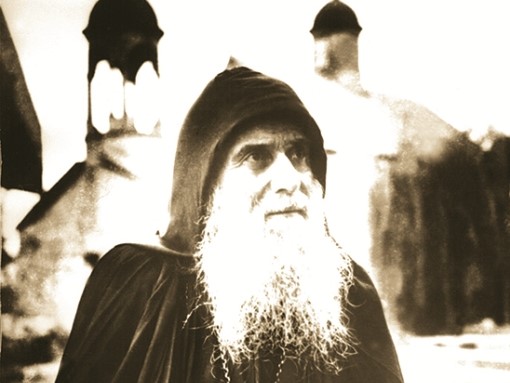
The Venerable Gabriel (Ujrebatadze) of Samtavria
Many who visited the elder remembered that as they entered the elder’s cell, a peaceful spirit filled their heart; they felt calm, reasonable and most importantly, genuine repentance of the spirit.
The Creator of All Things knows of man’s infirmity and his inability not to sin, so He will take a man to task for not repenting his sins more than for the sins themselves.
A contrite heart is more than tearful repentance. To repent with one’s heart means not repeating which you have confessed. Tearful repentance, however, is better than one without the tears, because tears wash away the sins.
Some sins are wilful, others are not. No one can avoid sins that are not wilful. In our confession, we must confess both the wilful and unpremeditated sins.
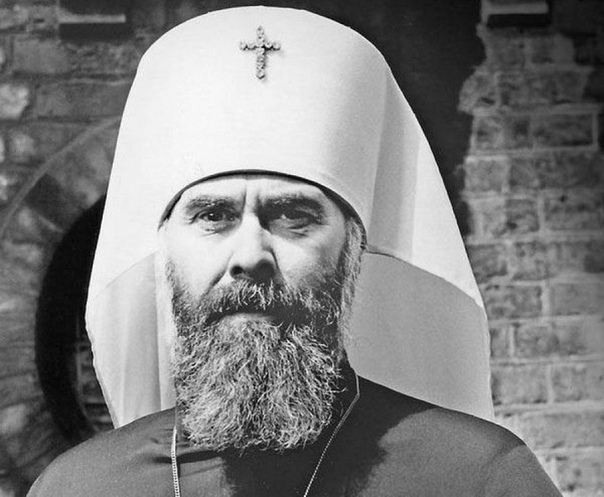
Metropolitan Anthony Bloom
One man came to Metropolitan Anthony to confess and said:
“There is not a single sin that I have not committed.”
“That cannot be,” Metropolitan Anthony replied.
“No, I have sinned in every way.
“Take the ten commandments of Moses. “Have you sinned against all of them?” “I know you as an honest, benevolent man, and you are telling me that you are a thief.”
“Did I say that, father?”
“But that’s simple. One of the ten commandments says, “you must not steal”. If you have sinned in every way, you must have stolen. In plain Russian, you would be called a thief.”
“No, father, I am not.”
“I also know you as a good man, and you are telling me to my face that you are an adulterer?”
“Stop insulting me, father!”
“I am not. One of the commandments says you must not commit adultery. You are telling me that you are guilty of every sin, so you must be guilty of this one, too.”
“I never thought of it, father,”
“It is time you did. Go home and think carefully!” Come back for a confession when you know what your exact sins are.
“People often ask me how they should confess. The most direct and decisive answer I can give will be this. Confess as is it were your dying hour; as if it were your last time on this earth when you can repent before you step into eternity and stand before God; confess as it were your last chance to throw off your shoulders the burden of unrighteousness and sin, so you can enter the Kingdom of God in freedom.
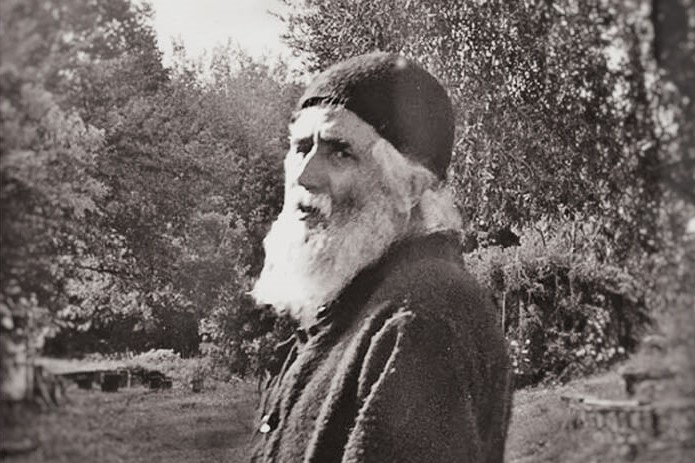
The Venerable Paisios of the Holy Mountain
The elder explained to his spiritual daughter the need to confess in the following way: “A confession is a sacrament. Come to confession and tell the confessor about your sins. Do not think that you have few. Have you been obstinate? Selfish? Have you offended your sister at least once? Do you always refrain from judging others? Do you think that I repent of any different sins in my confessions? No, I say, “I have sinned by being wrathful, by judging…”, and when I am finished the priest reads a prayer for the forgiveness of my sins over me. However, the small sins also have weight. When I came to confess to Father Tikhon and had no grave sins on my heart, he said this to me: “The specks, the sand”. Smaller sins, like specks of sand, gather into a pile that could weigh more than a single heavy stone.”
The venerable Paisios said this about a confession that impressed him. “A retired officer told me repentantly about what he did when he was an eight-year-old boy. He took a ball from another boy. He kept it for one night and returned it the following morning. As he was talking about this incident, he was crying because he had aggrieved his neighbour. When he resigned, he found everyone whom he had upset throughout his career, including in the performance of his official duties, and asked all of them for forgiveness. I was impressed by the man’s character – he would assume all the guilt. He now lives in a village and gives alms to the needy from his savings. His ninety-five-year-old mother is bedridden, and he looks after her himself. While taking care of her, he sees the body of his mother, and he is tormented by the following thoughts: “Ham saw the nakedness of his father, and God punished him; what must await me who sees the nakedness of his mother. He cried all the time. Yet his face was enlightened. His contrite heart benefited me a lot.
People who lay bare humbly their sins before their confessor and demean themselves will glow with the grace of God that descends on them.”

